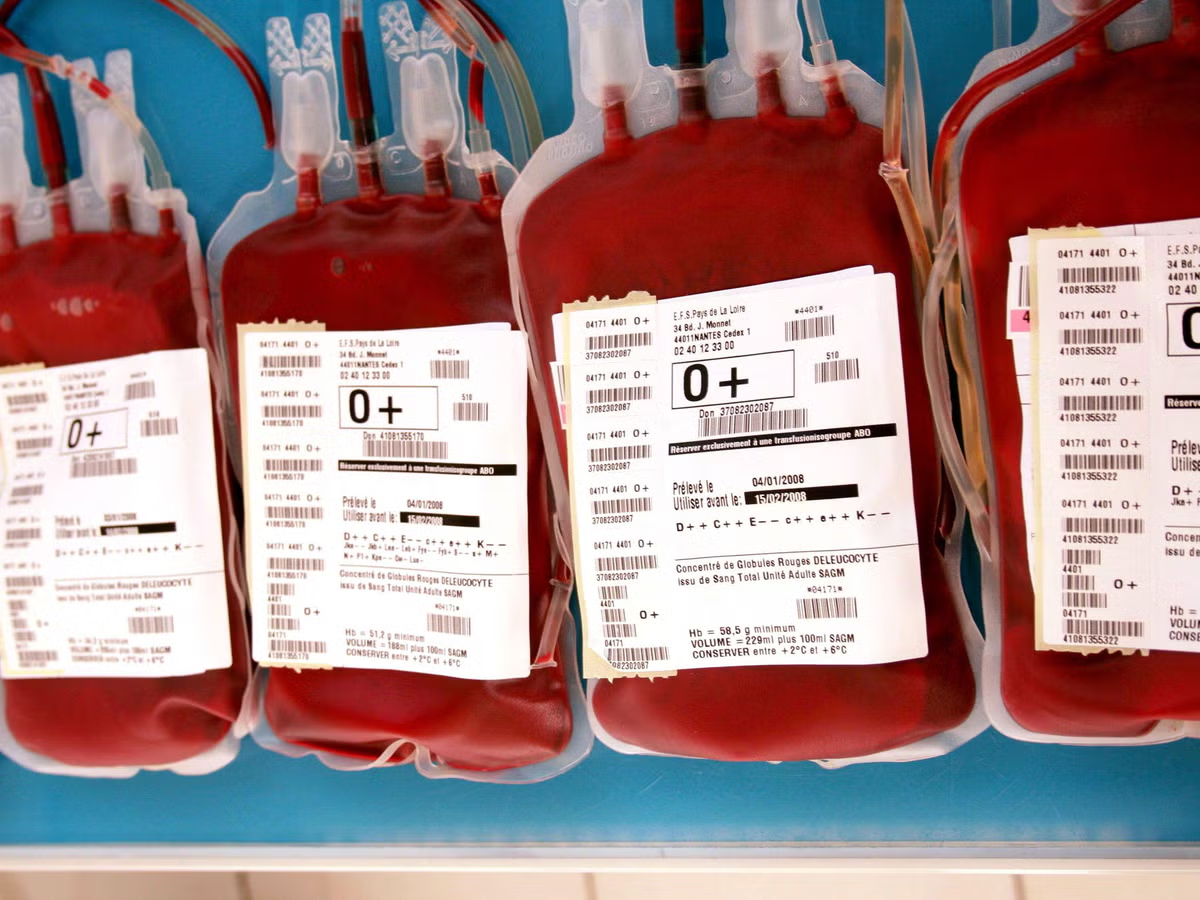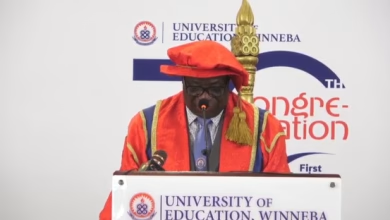Ghana Seeks Ways To Improve Blood Donation Rates

- NBS to tackle challenges in blood donation
- Their first strategic dialogue focused on long-term solutions
- This collaboration is vital
Ghana’s National Blood Service (NBS) is teaming up with key partners to tackle challenges in blood donation and service delivery.
Their first strategic dialogue focused on long-term solutions to ensure a safe and reliable blood supply for the country’s healthcare system.
Themed “Enhancing Blood Service Sustainability: Collaborative Strategies for Meeting Healthcare Needs,” the event highlighted the importance of readily available blood. Deputy Minister of Health, Alexander Akwasi Acquah, pointed out that while the blood collection index (BCI) rose from 5.7 in 2021 to 5.8 in 2022, it still falls short of the World Health Organization’s (WHO) minimum recommendation of 10 units per 1,000 people.
Acquah emphasized the dependence on replacement donations, which made up 63% of donors in 2018. To address the gap, the Ministry of Health revised the National Blood Policy.
This revised policy aims to achieve global health targets like Universal Health Coverage (UHC) and the UN’s 2030 Sustainable Development Goals.
Despite progress, challenges remain. Acquah acknowledged issues like limited funding, infrastructure, personnel, and public awareness. Dr. Shirley Owusu Ofori, CEO of the NBS, echoed the need for collaboration.
She stated that stakeholder engagement would identify actionable strategies to ensure a sustainable blood service that effectively meets healthcare needs.
Dr. Ofori stressed the importance of collaboration between the government, healthcare providers, private sector partners, NGOs, and individual citizens.
This collaboration is vital for building a resilient blood service that caters to the healthcare needs of all Ghanaians.






